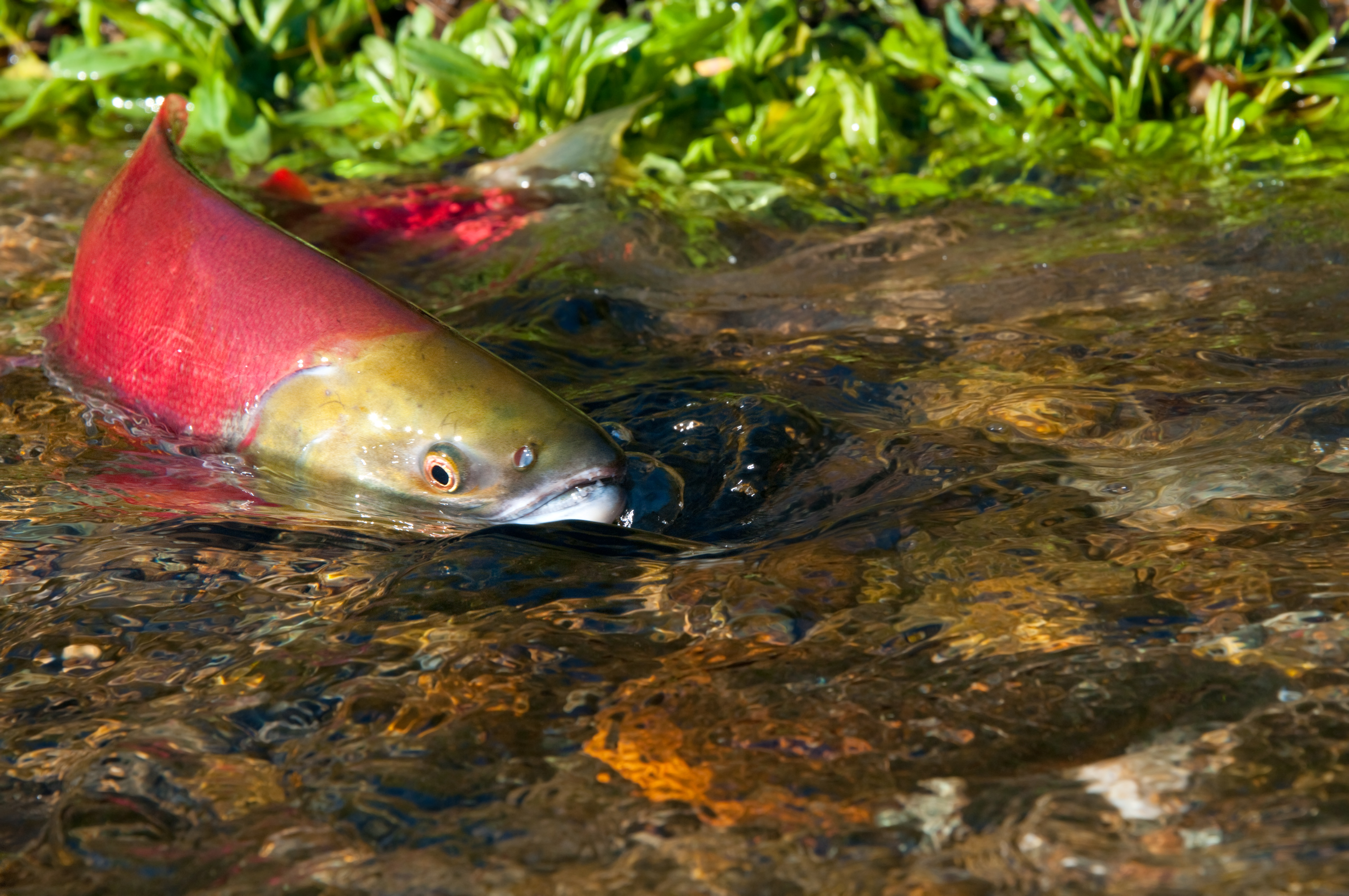Rio Tinto, a mining and metals company, has launched a project that will evaluate the impacts of climate change on three fish populations in one of British Columbia’s (B.C.) watersheds.
Rio Tinto and the Natural Sciences and Engineering Research Council of Canada (NSERC) are each contributing $500,000 over four years to study. The study will evaluate the impacts of climate change on sockeye salmon, chinook salmon, and white sturgeon in the Nechako watershed.
“At Rio Tinto, our aim is to be part of the solution to tackling climate change,” said Andrew Czornohalan, acting general manager at Rio Tinto. “This research will help us determine how we may look to adapt our operations over the long term to mitigate potential effects of climate change. We are very excited about this multispecies study, which will build on hydrological research we have actively been in involved in for several years in British Columbia.”
The collaborative research project will be undertaken with the following academic institutions:
- University of British Columbia (B.C.)
- University of Victoria (B.C.)
- Institut National Recherche Scientifique (INRS) (Quebec)
- École de technologie supérieure (ETS) (Quebec)
One of the challenges presented by climate change is the need for reservoir operators to optimize operations in the context of shifting environmental conditions. Rio Tinto owns and operates a dam on the Nechako River to supply hydro power to its Kitimat smelter.
The potential benefits of this study include improved modelling tools for flow and water temperature management and training of highly qualified personnel with cross-disciplinary experience.
“Our research team, which includes biologists, climate scientists, hydrologists and engineers looks forward to collaborating with Rio Tinto to develop tools that will enable our industrial partner to better adapt reservoir management to climate change, while taking into account the needs of three iconic fish species on the Nechako River,” said Dr. André St-Hilaire, professor in hydrology at INRS and the project lead. “This unique partnership has the potential to become a benchmark for reservoir owners and operators in Canada and abroad.”









